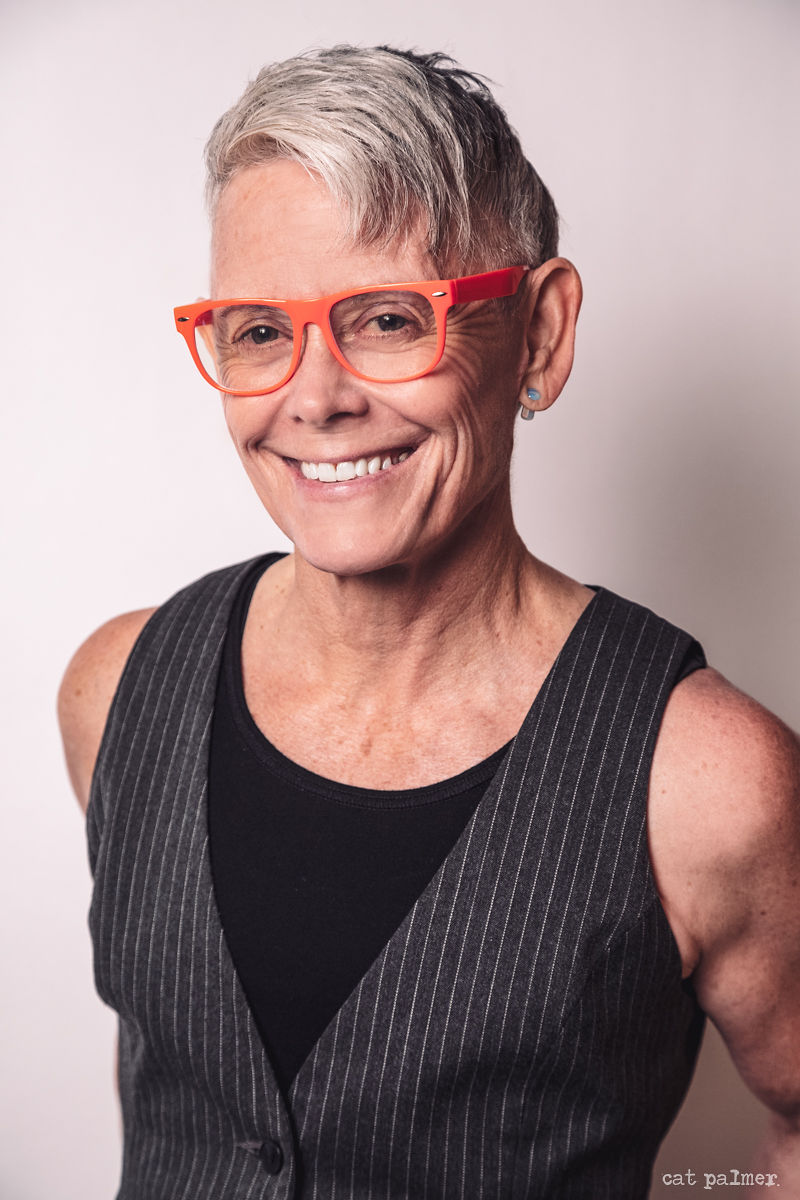

We recently had the chance to connect with Lyn Christian and have shared our conversation below.
Lyn, so good to connect and we’re excited to share your story and insights with our audience. There’s a ton to learn from your story, but let’s start with a warm up before we get into the heart of the interview. Have you ever been glad you didn’t act fast?
I have benefited from not acting fast in more than one situation.
Before I dive into that topic, let me say that I believe personal and professional success often follows those who can deploy the ability to act fast in certain circumstances, and the ability to slow things down in others. Knowing the difference is perhaps the key skill to be developed.
I started fencing in my 60s. When I was a beginner, speed was my friend because few of my opponents expected me to be as fast as I am. However, fencing is won with precise footwork, and points are scored with even more precise blade action. If you move too quickly or react too impulsively, you’re likely to miss the real opportunity, or worse, create an opening for your opponent.
That lesson translates directly into life and leadership.
Acting fast can feel productive, especially in our “hurry-up-and-get -it-done” culture. But I’ve learned that sometimes, the bravest and wisest move is to pause. To breathe. To assess the full landscape before you make your move.
In business, one of my most fruitful decisions came after intentionally slowing down. I was considering a significant investment in a new coaching initiative. My instinct was to go for it. But instead, I gave myself time to step back, interview potential clients, stress-test the idea, and align the offering with my deeper purpose. That delay actually strengthened the foundation I was laying down. It solidified my understanding of the business model. What emerged was a more aligned, powerful program that’s now the centerpiece of my practice.
Slowing down doesn’t mean doing nothing. It means listening more deeply to yourself, to others, and to the broader system you’re navigating. It’s about trading the adrenaline rush of urgency for the calm clarity of intention. It means taking one step at a time and being present with the process.
Fast isn’t always wrong. But fast without reflection can be reckless. Some of the most impactful decisions I’ve made have been forged in the space I gave myself to think slowly, move deliberately, and strike with precision, just like in fencing.
Can you briefly introduce yourself and share what makes you or your brand unique?
As the founder of SoulSalt Inc. I’ve build a company focused on coaching people who are ready to stop performing and start living from the truth of who they are. In other words, we coach to reconnect people to authentic, powerful life-leadership.
I’ve been coaching for over two decades, holding a Master Certified Coach (MCC) credential with the International Coaching Federation since 2006. But my work didn’t begin in boardrooms or Zoom calls. It began in classrooms, artist studios, corporate training rooms, and even Olympic locker rooms. I’ve coached Fortune 50 executives, entrepreneurs, educators, and elite athletes. What they all had in common was this: They were ready to stop pretending and start aligning. They were ready to understand why they can be humble yet confident at the same time and go out and surpass their past peak performances.
At SoulSalt, we help people become their most inspired, badass selves. We do this through 1:1 coaching, leadership intensives, career reinvention programs, and what I call “soul authority” development. It reaches way beyond setting goals. My work is about excavating the core of who you are and learning to live and lead from that place.
What makes our work unique is how deeply we blend evidence-based frameworks with soulful truth-telling. We integrate neuroscience, adult development theory, somatic wisdom, and creative practice. But we also ask raw, human questions like: What do you want your life to mean? What kind of leader do you want to be when no one’s watching?
Right now, we’re expanding our premium coaching tracks to help more high-impact individuals lead with radical self-trust and clear purpose. We’re also growing our public learning library with tools that support everyday humans in building confidence, navigating change, and communicating with greater clarity.
I often say: You can’t lead others until you know how to lead from your best self. That’s the heart of our work.
On a personal note, I’m a late-life queer person, a devoted fencing student (yes, sword fighting!), and a believer in the power of reinvention at any age and any stage. I’m also the author of SoulSalt: Your Personal Field Guide to Confidence, Purpose and Fulfillment and a TEDx speaker who’s passionate about supporting people to live lives they’re proud of.
If you’re ready to stop holding your breath and start living on purpose, you’ll find a kindred path in the SoulSalt ecosystem.
Appreciate your sharing that. Let’s talk about your life, growing up and some of topics and learnings around that. What was your earliest memory of feeling powerful?
One of my earliest memories of feeling powerful comes from a moment of resistance while standing up to my maternal grandmother.
I was a young child, dressed in my favorite Levi’s and feeling completely myself. She insisted I change into a dress pushing the idea that girls should “look like girls.” Something inside me refused. I didn’t have the language then for gender expression or authenticity, but I knew this: I wasn’t going to be forced into someone else’s version of who I should be.
So I stood there, defiant, and told her I would not change. I remember feeling the heat of her disapproval. I also felt the deep, steady fire of my own truth. I didn’t budge. I didn’t cry. I simply stood my ground.
That moment marked the beginning of what I now recognize as my personal agency. It was the first time I consciously chose to honor my inner compass over external expectations. It wouldn’t be the last time I’d have to do that, but it was the first time I realized I could.
And that? That felt powerful.
If you could say one kind thing to your younger self, what would it be?
I’d say this:
You don’t have to shape-shift to be loved. Who you are is not only enough, it’s sacred.
As a kid, I often felt like I had to contort myself to fit into roles that didn’t feel true: gender roles, family expectations, cultural scripts. I know now that all those moments of not-belonging were actually clues on how I could eventually point me back to myself.
So I’d look that younger version of me in the eye and say:
Stay true, even when it costs you. Especially when it costs you.
Because there is real magic that can happen when you stop conforming and start honoring your own rhythm, your own voice, your own truth.
You’re not too much.
You’re not broken.
You’re becoming. And that is a beautiful, powerful thing.
Sure, so let’s go deeper into your values and how you think. Where are smart people getting it totally wrong today?
Many smart people today are underutilizing one of the most powerful guidance systems we have: the heart.
Don’t get me wrong, thinking critically, analyzing data, and solving problems with our heads is essential. But when we rely solely on logic, we can miss the deeper wisdom available in our emotional and somatic intelligence. The head can help us figure things out. But the heart helps us feel what’s true. And those are not always the same thing. Add one’s gut instincts into the mix and we have a trifecta of inner wisdom available to us that most of us miss out on.
I see this all the time with high performers. Some folks are such in their brilliant minds. Sometimes this will lead to burn out, or becoming disconnected from soul-authority opportunities. Sometimes we’re living from the neck up, trying to strategize our way into meaning. But meaning lives in the heart. Purpose lives in the gut. And wisdom emerges when all three intelligences (head, heart, and gut) are in the in conversation.
The world doesn’t just need more smart solutions. It needs more congruent leaders. People whose actions match their values. People who can pause long enough to feel the cost of a decision. People who are more than calculation makers.
So where are smart people getting it wrong? They’re forgetting to drop into personal wisdom before they lean in action.
The future of intelligent leadership isn’t is deeper listening to ourselves, to others, and to what wants to emerge next.
My TEDx talk offers more on this topic.
Okay, so let’s keep going with one more question that means a lot to us: If immortality were real, what would you build?
I’d build resilient, soul-aligned structures. tools and strategies that help humans remember who they are and what they’re capable of. Things like:
A global movement around self-trust and authentic leadership
A universal curriculum for emotional mastery and conscious communication
A coaching lineage that trains coaches to see the whole person—not just the performance
Safe spaces where people can drop the armor and return to their truth
If I had all the time in the world, I’d spend it supporting others to realize they don’t need to be anything other than their most true self.
And maybe most of all, I’d build a legacy that makes this one wild and precious life feel more accessible to more people. Because we are not immortal, yet the impact we make? That can echo on for generations.
Contact Info:
- Website: https://www.soulsalt.com
- Instagram: @soulsaltinc
- Linkedin: https://www.linkedin.com/company/3292509/
- Facebook: @soulsaltinc
- Youtube: https://www.youtube.com/@soulsaltinc
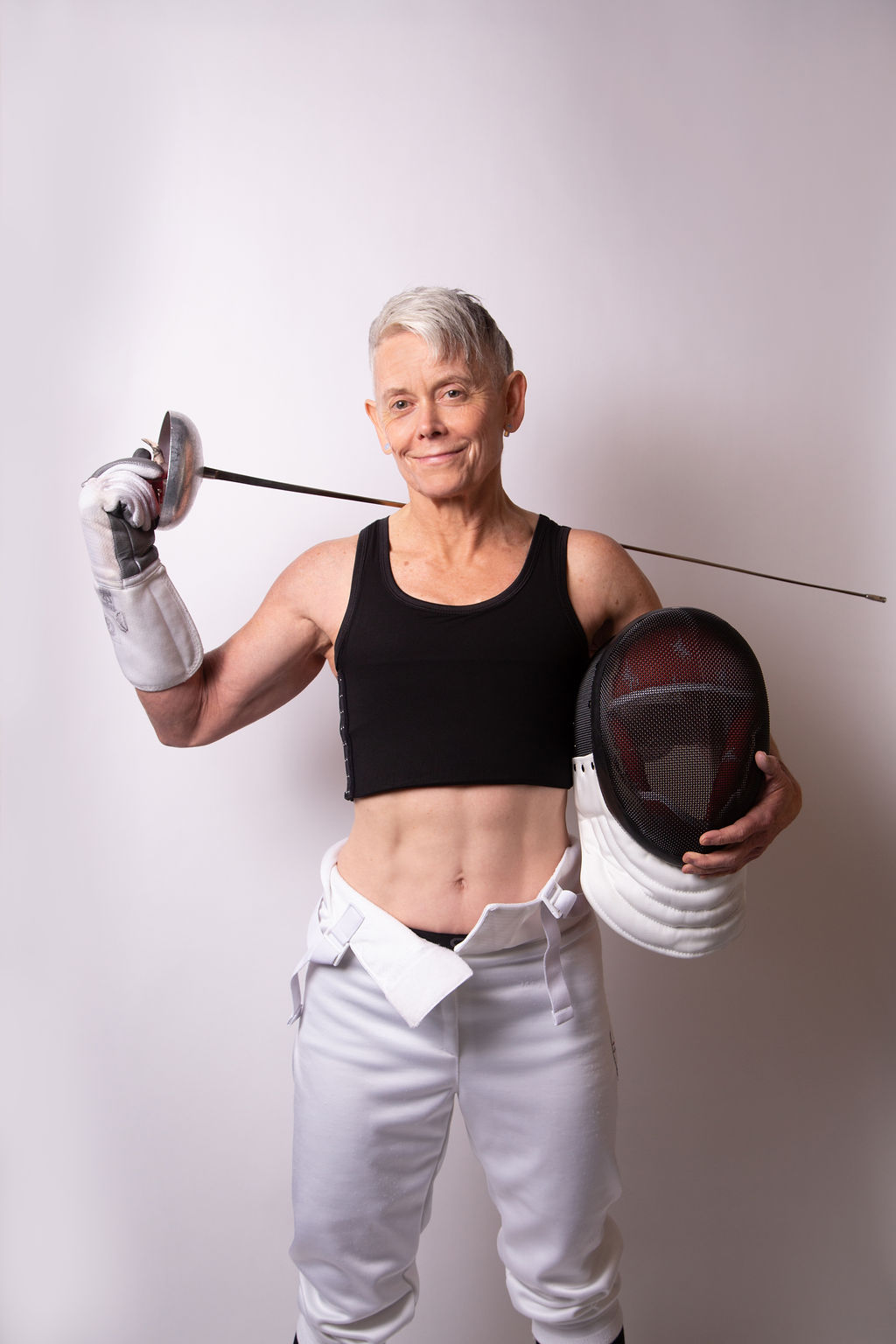
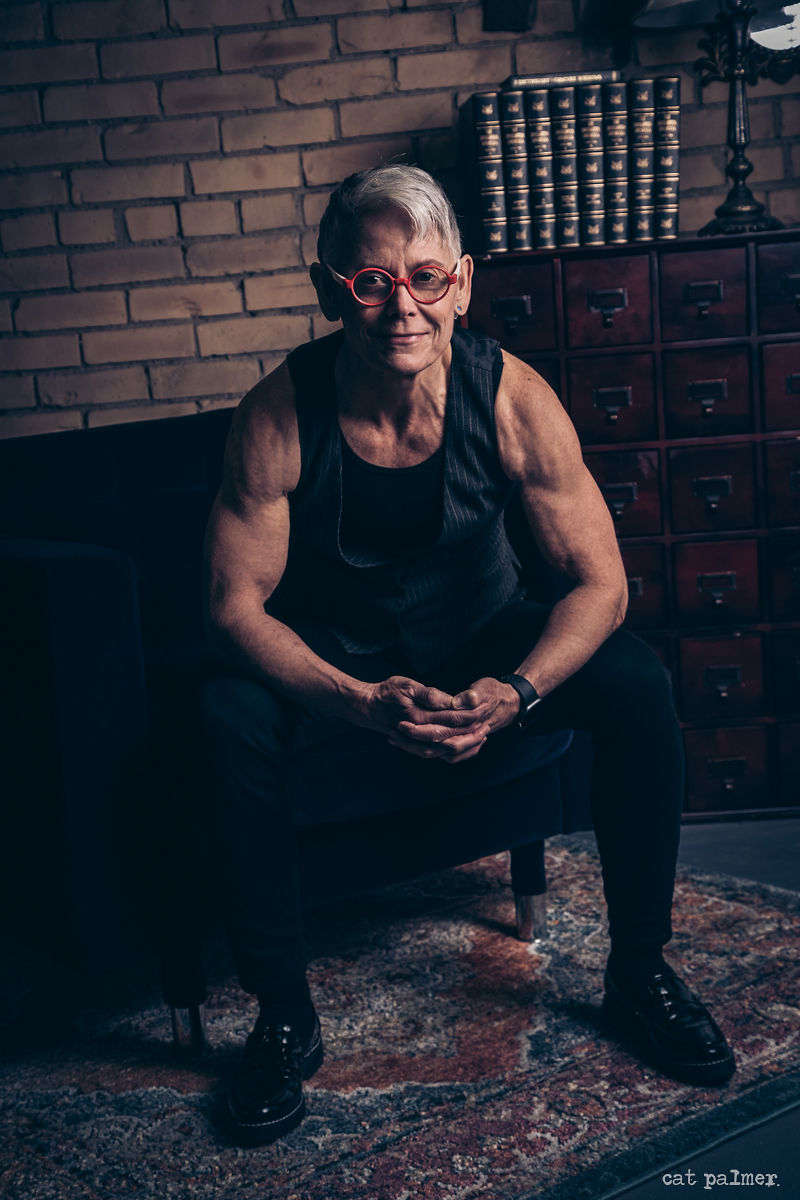
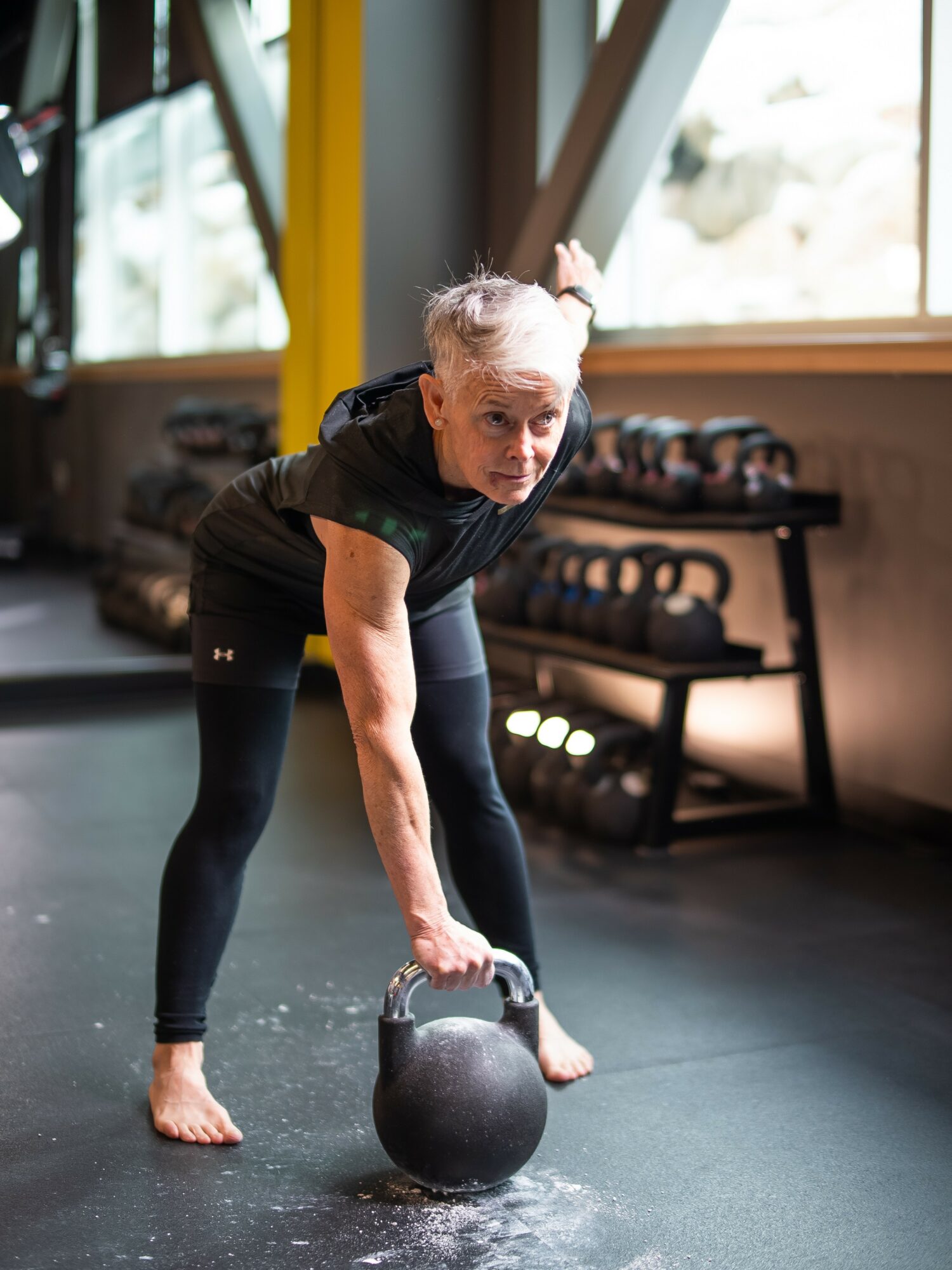
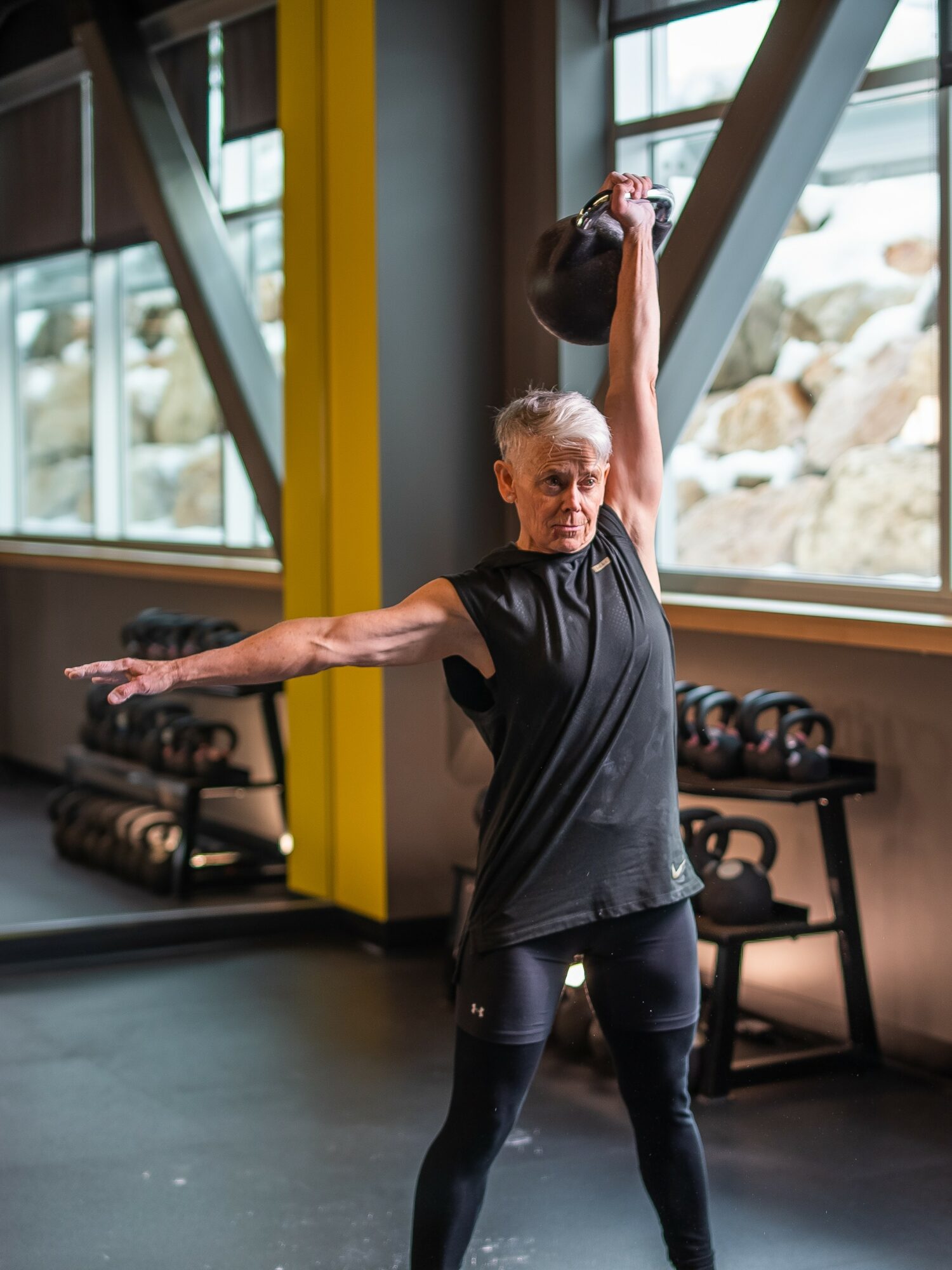
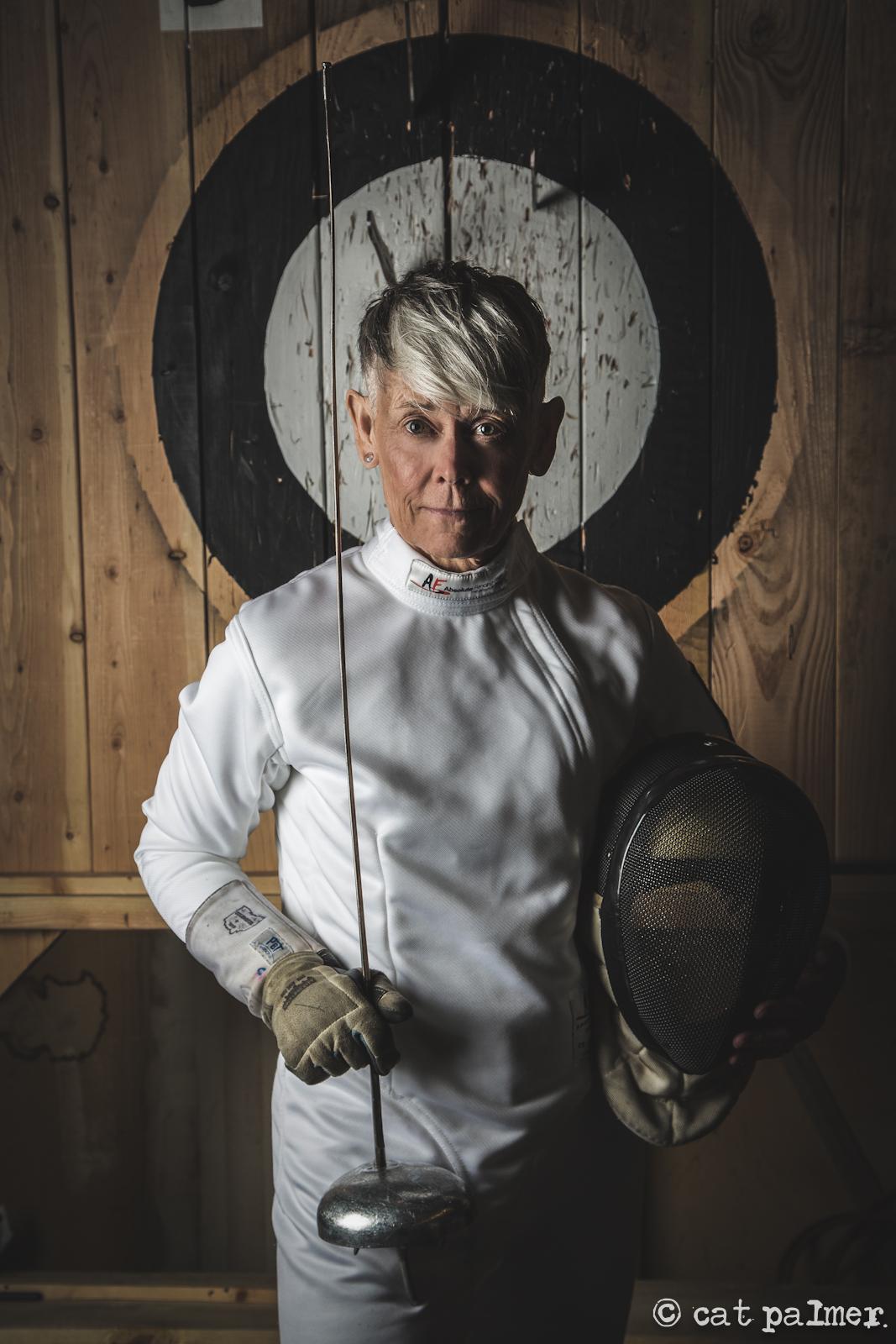
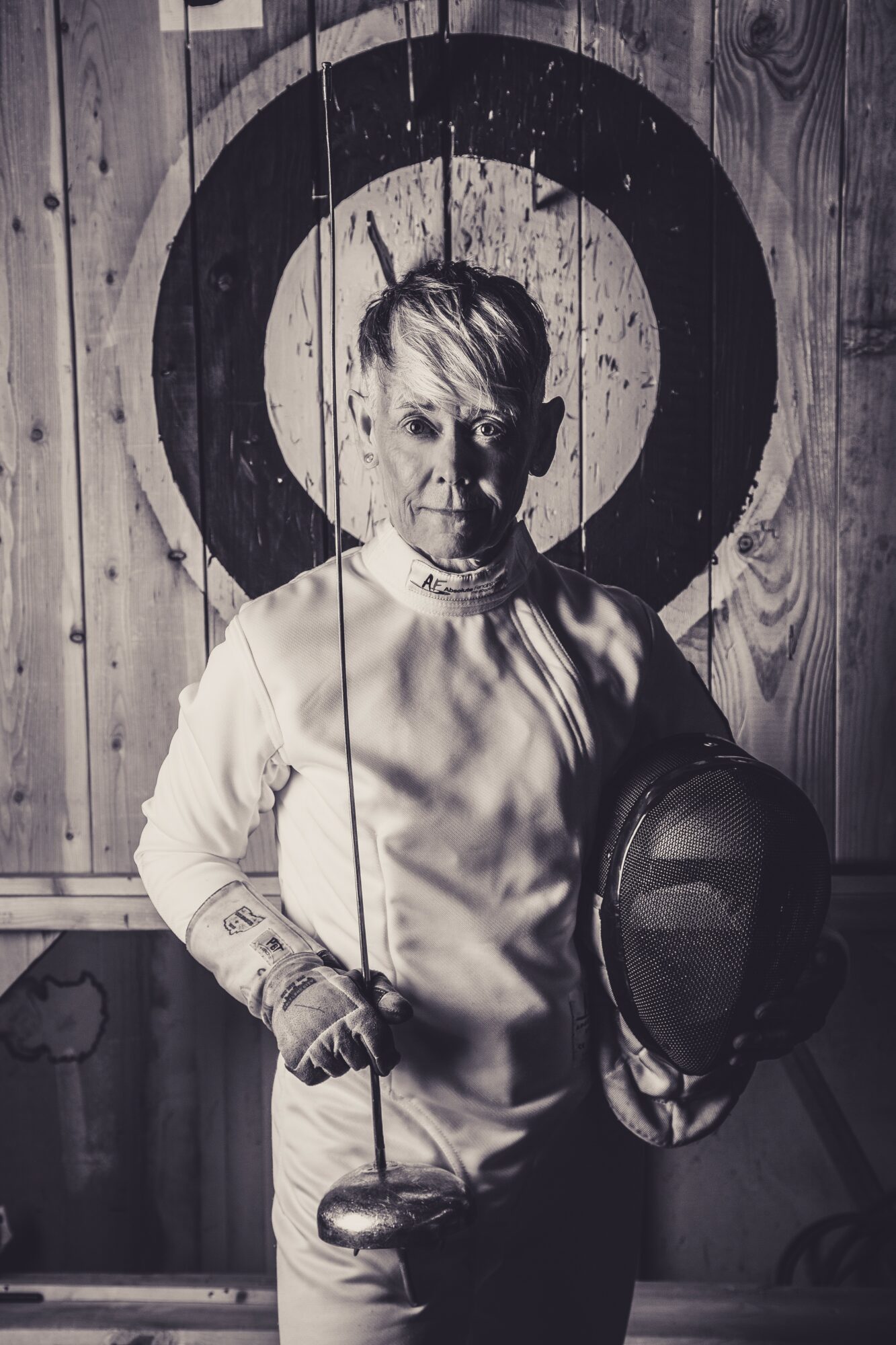
Image Credits
PC – Cat Palmer











